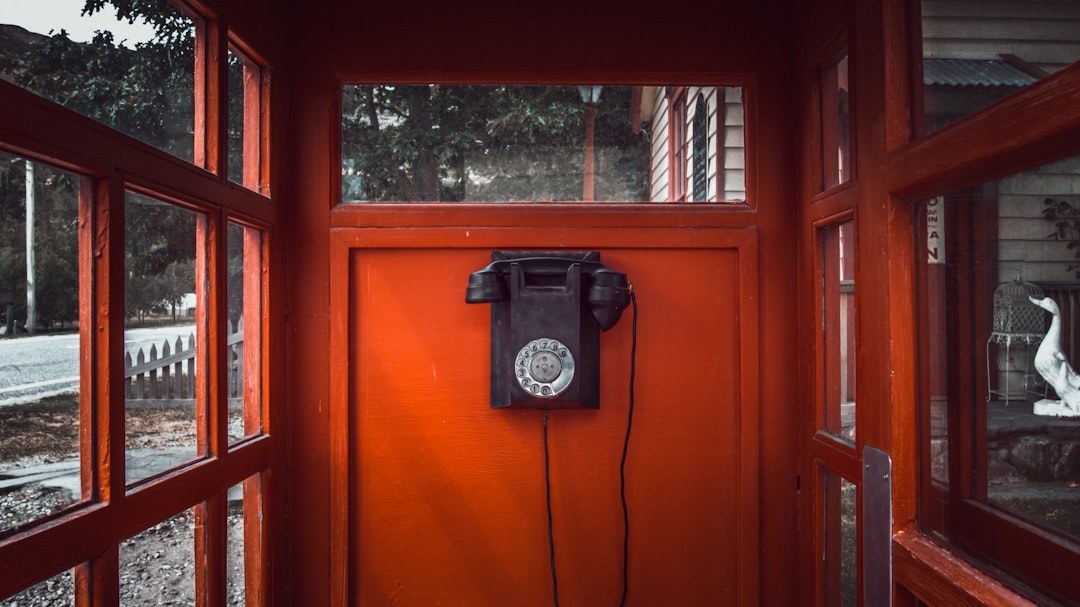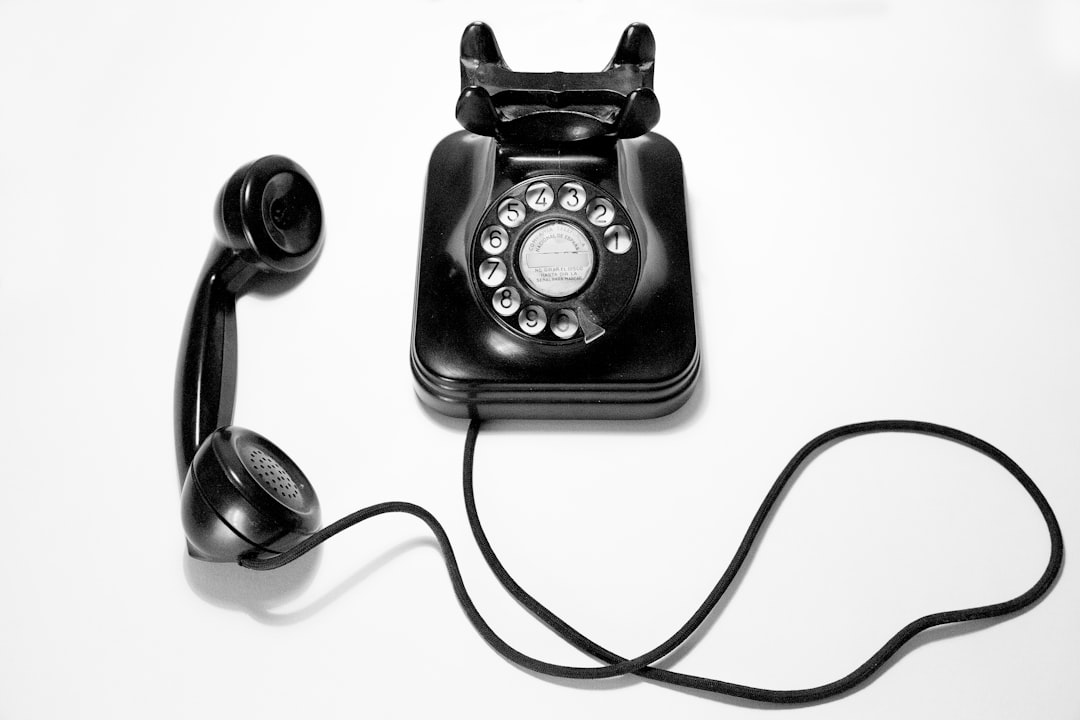Louisiana's Spam Call law firm enforces strict regulations on text marketing to protect consumers from aggressive messaging. Businesses must obtain explicit consent for SMS promotions, provide clear opt-out options, and ensure transparent communication to avoid penalties and maintain consumer trust. This approach fosters healthy brand-consumer relationships while adhering to legal boundaries set by the Spam Call law firm.
In Louisiana, a new law is shedding light on text message marketing practices, emphasizing transparency. This regulation, aimed at curbing unwanted spam calls, demands that businesses ensure consumer consent and provide clear opt-out mechanisms in their text marketing campaigns. The article explores Louisiana’s unique approach to protecting citizens from intrusive messaging, delving into the legal implications for spam call firms operating within the state. Understanding these guidelines is crucial for businesses to stay compliant and respect consumer choices.
Understanding Louisiana's Text Message Law

Louisiana’s text message marketing landscape is governed by a specific law designed to protect consumers from unwanted and deceptive practices, often associated with spam calls. This legislation, known as the Spam Call law, imposes strict requirements on businesses and marketing agencies operating within the state. Understanding this law is crucial for any company employing SMS marketing strategies.
The key aspect lies in ensuring transparency and obtaining proper consent. Businesses must obtain explicit consent from recipients before sending promotional text messages, with clear opt-out mechanisms provided. This means that customers should have the option to easily unsubscribe from receiving such messages without facing any negative consequences or hidden fees. By adhering to these guidelines, Louisiana’s Spam Call law firm ensures a harmonious balance between businesses promoting their services and consumers enjoying peace of mind in an age of increasingly pervasive digital communication.
What Does Transparency Mean in Marketing?

Transparency in marketing is a principle that emphasizes open and honest communication with customers, ensuring they fully understand the nature of the messages they receive. This means going beyond simply providing contact information; it’s about being clear and explicit about why businesses are reaching out via text message and how often they plan to do so. In Louisiana, where the Spam Call law firm plays a crucial role in regulating communications, transparency is not just a best practice but a legal requirement.
Louisiana’s approach ensures that consumers consent to marketing messages they actually want to receive, avoiding the nuisance of unwanted or misleading text messages. This clarity empowers customers to make informed choices about their privacy and helps businesses build trust. By adhering to these guidelines, companies can foster healthier relationships with their audiences, enhancing their brand image while respecting the legal boundaries set by the state.
Legal Implications for Spam Call Firms in LA

In Louisiana, the stringent Spam Call law firmly regulates text message marketing practices, imposing significant legal implications for call firms that fail to adhere to transparency requirements. These regulations demand clear and concise opt-in mechanisms, ensuring consumers can easily unsubscribe from receiving promotional messages. Violations of this law can lead to substantial fines and legal repercussions for offending firms.
Louisiana’s stringent approach aims to protect consumers from unwanted spam calls, emphasizing the need for ethical marketing practices. Firms found guilty of sending unsolicited text messages or failing to honor unsubscription requests may face strict penalties, including monetary fines and damage to their reputation. As a result, reputable law firms specializing in telecommunications law are crucial in guiding businesses through these regulations, ensuring compliance and mitigating potential legal risks associated with spam call campaigns in Louisiana.






